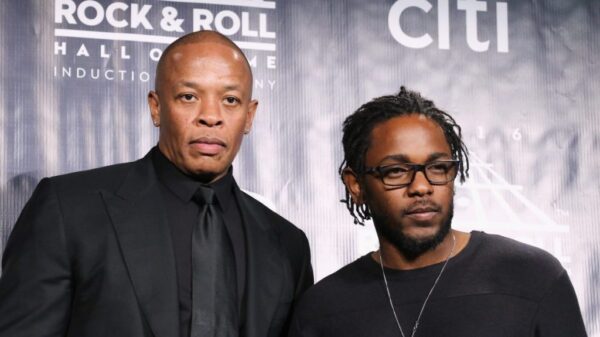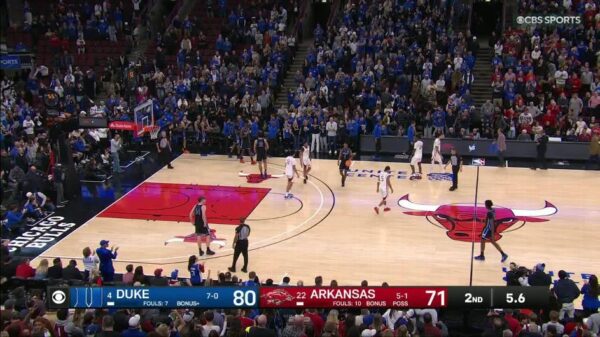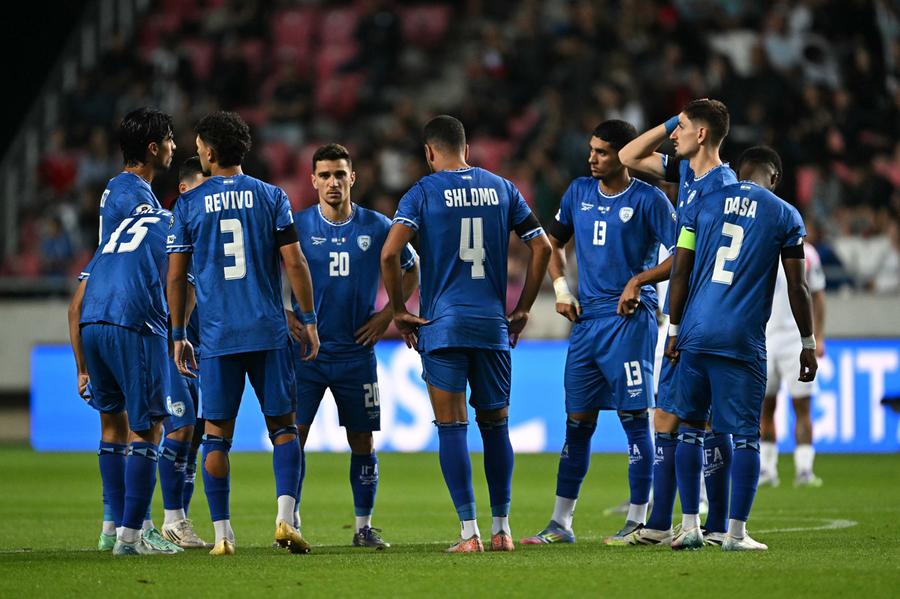Reebok has reversed its decision to withdraw its logo from the kits of the Israeli national football team following a threat of legal action from the Israeli Football Association (IFA). The controversy began when reports emerged that Reebok had requested the local supplier, MSG Group, to remove its branding from the team’s uniforms. This prompted the IFA to accuse the company of yielding to boycott pressures.
In a statement released on the matter, the IFA expressed disappointment, stating, “We regret that the Reebok company has chosen to succumb to boycott threats that were completely irrelevant.” The association indicated it would explore all legal avenues, emphasizing that there are established laws against boycotts. They expressed confidence that a “braver and more honest sponsor” would emerge in the near future.
Following discussions between IFA president Moshe Zuares, Reebok, and its local franchisee, the company confirmed it would maintain its sponsorship. The IFA announced that the teams’ uniforms in international matches would continue to feature Reebok’s logo. As of now, Reebok has not publicly commented on the situation.
UEFA and International Reactions
This development coincides with reports that UEFA, the governing body of European football, opted not to suspend the IFA. Such a suspension would have barred Israel from competing in the upcoming World Cup. Although an extraordinary meeting was anticipated to address the issue, it appears proposals for a vote have been postponed. This delay followed the release of President Trump’s “comprehensive” plan for peace in Gaza, which has garnered acceptance from Israel and several Arab nations.
Meanwhile, reactions from Palestinian groups have been mixed. Hamas indicated it would consider the plan “in good faith”, though a senior official suggested it is “likely” to reject the deal, arguing that it does not align with the interests of the Palestinian people.
In addition to the football sponsorship, Israel is facing potential exclusion from the Eurovision Song Contest. Organizers announced plans for an emergency vote ahead of the 2026 competition, responding to pressures from various national broadcasting unions, including those in Spain and Ireland.
This situation underscores the complexities surrounding international sponsorships and the intertwining of sports with global political issues. As Reebok reaffirms its commitment to the Israeli national team, the broader implications of such sponsorships continue to provoke discussion and scrutiny.







































































